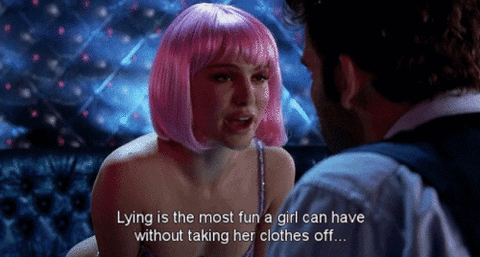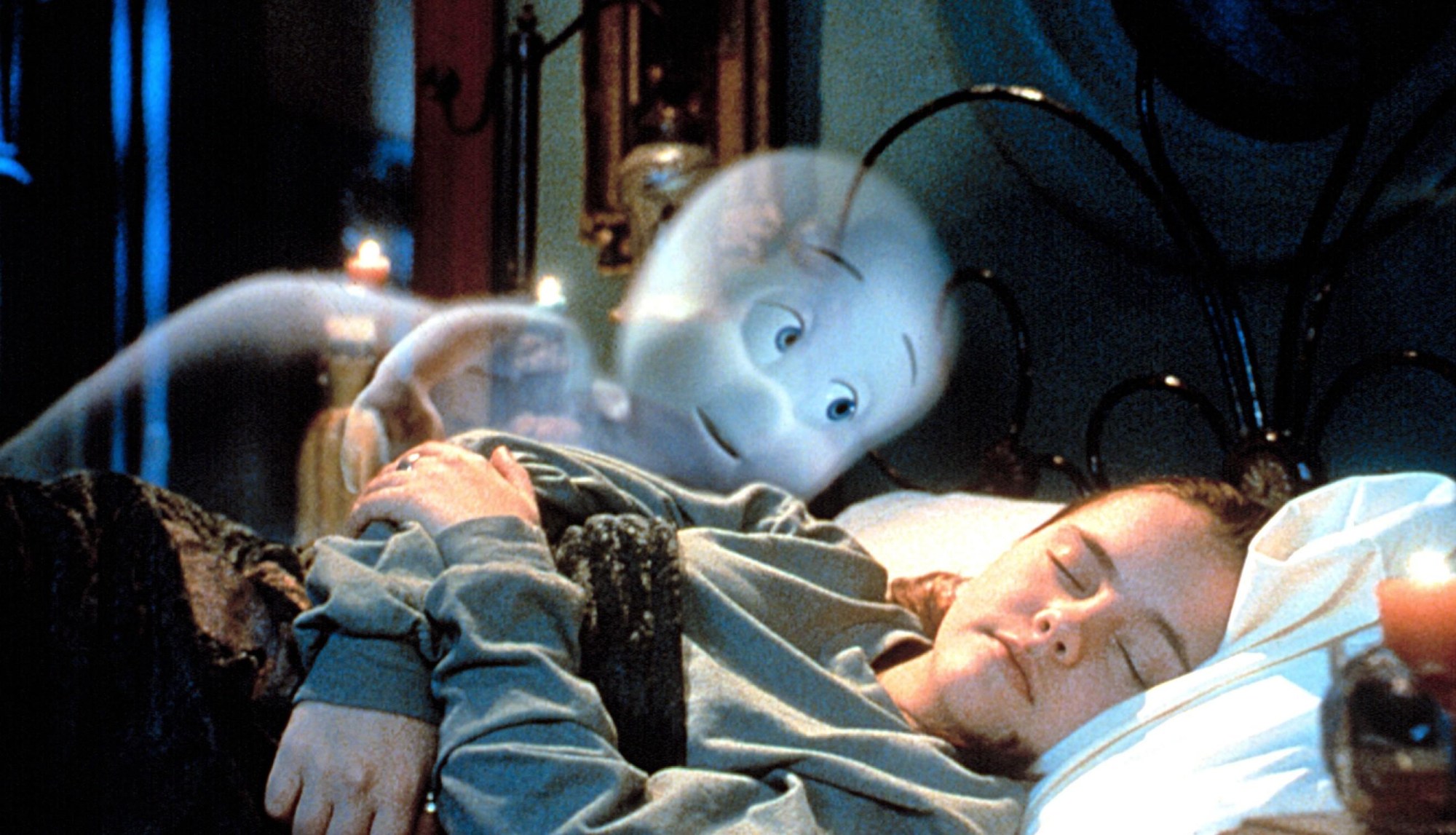Conventional wisdom states that ghosting sucks, but it’s almost become a dating rite of passage. A 2016 survey by Plenty of Fish found that 78% of single millennials have experienced it: the initial frustration of wondering why that person you maybe kind of liked has gone quiet, followed by the crushing realisation that they’re never going to message you again. Over the summer I went on four or five dates — OK, four dates and a booty call — with a guy I found attractive and liked spending time with. Then he slow-ghosted me: I got a couple of perfunctory WhatsApps ahead of Brighton Pride, which we were both due to attend with our respective friendship groups, and then nothing. I was definitely a bit gutted, but also kind of confused by how to proceed: should I push for a painful text exchange explaining why he’d lost interest, or should I just take the hint?
“The more you ghost, the easier it becomes to do, and who wants that to be the pattern of their romantic life?”
My own ambivalent reaction to being ghosted makes me wonder whether it might sometimes be preferable to receiving an outright rejection — and I’m not alone in at least considering this. “Ghosting gets a lot of bad press which it doesn’t deserve,” Toby, a single gay guy from London tells me. “I hate conflict of any kind, and awkward conversations stress me out. When someone stops replying to messages or calls, it’s just a passive way of saying all the things you could have said in person or in a message. People stress themselves out over being ghosted, and keep trying to press the person who’s doing the ghosting for an answer – which really isn’t helpful for either of you. Obviously when people have been in serious relationships it’s a very different situation, but when you’ve just been on a few dates with someone, I don’t think either of you owes each other anything.”
Jo Hemmings, a Behavioural Psychologist who was the UK’s first ‘dating coach’, says that because we talk about ghosting so much now, we’re helping to legitimise it. “It’s a thing called cognitive dissonance,” she tells me. “The more we give it the title ‘ghosting’, the more acceptable it becomes as a way of behaving towards someone, because we’re using it all the time in everyday conversations. We say things like, ‘I was ghosted’ or ‘he ghosted me’. If it didn’t have a word attached to it, it might still be seen as quite a shocking thing to do to someone. But now it’s just a thing that goes on in dating. The acceptability of it rises because everyone knows what you mean when you say: ‘I’ve been ghosted.'”

But despite its swelling acceptability, there’s no doubt that many daters are less willing to accept ghosting than Toby and me. “It’s just the worst,” Sophie, a single straight woman from Hertfordshire, tells me firmly. “I pride myself in just sending a ‘thanks but no thanks’ message if I’m not interested in them. People are receptive to it and I respect it when it’s done to me. Do we have such a high opinion of ourselves that we think being rejected by us will devastate someone? It won’t, unless it’s been a while and you’ve actually formed a relationship. Whenever I’ve had a direct ‘thanks but no thanks’ response from someone, I’ve admired how upfront they’ve been, dusted myself off and got back out there.”
Professional Life Coach Tomas Svitorka is also unprepared to let ghosters off the hook. “I think of ghosting as a sign of weak character and bad manners,” he tells me. “So in a way, it’s great that you found out sooner rather than later. You probably saved yourself a lot of time and problems [with that person] in the long run.”
But is it ever healthy to accept being ghosted instead of pushing for answers? After all, when you’re ghosted, you have no power over the situation, and no chance of proper closure. “Time is precious,” says Tomas Svitorka. “We should want to know what the state of the matter is so we can move on and focus on someone else.” However, Jo Hemmings points out that there’s a limit to how many messages asking “why?” or “what happened?” we should send. “There’s a danger you could almost turn into a stalker if you keep pursuing someone who’s ghosted you — it’s verging on worrying behaviour,” she says. “Because of this you kind of have to accept the terms and conditions of being ghosted. Eventually, there’s nothing you can do but take it on the chin.”
The guy who slow-ghosted me this summer finally got in touch about a month later to apologise. He’d started thinking he liked me more as a friend, he explained, but hadn’t quite known how to express that, perhaps because I was the first person he’d really dated since getting out of a long-term relationship. I found the fact he bothered to drop me a line out of guilt pretty sweet, in a way, and replied saying no hard feelings. I’ve been around the block enough to know ghosting is a part of dating in 2018 — especially now we can all see two blue ticks on a WhatsApp message that’s been read and ignored. But going forward, I know I don’t want to be that guy who ghosts every time a date falls a bit flat.
Jo Hemmings predicts that “ghosting won’t ever go away”, but says we should train ourselves to avoid it. “The more you ghost, the easier it becomes to do, and who wants that to be the pattern of their romantic life? It’s not fair on the person you’re doing it to, and when it happens to you, you’ll realise it’s not kind human behaviour. Ghosters should have some realisation that what might be an impromptu decision on their part could have a considerable impact on the people they ghost. It’s just basic human decency to send a couple of lines saying ‘It’s not you, it’s me: I really enjoyed our time together but don’t want to take it any further.’ Be brave and you won’t feel the guilt.”
